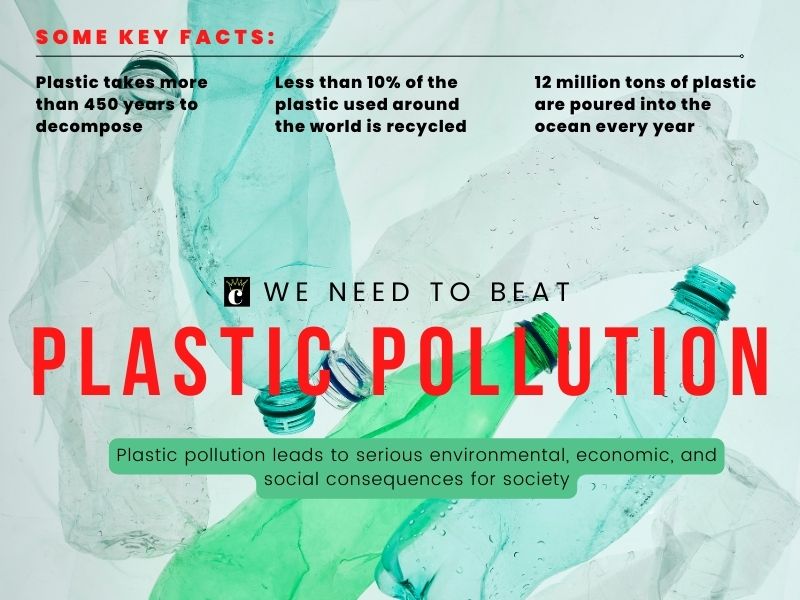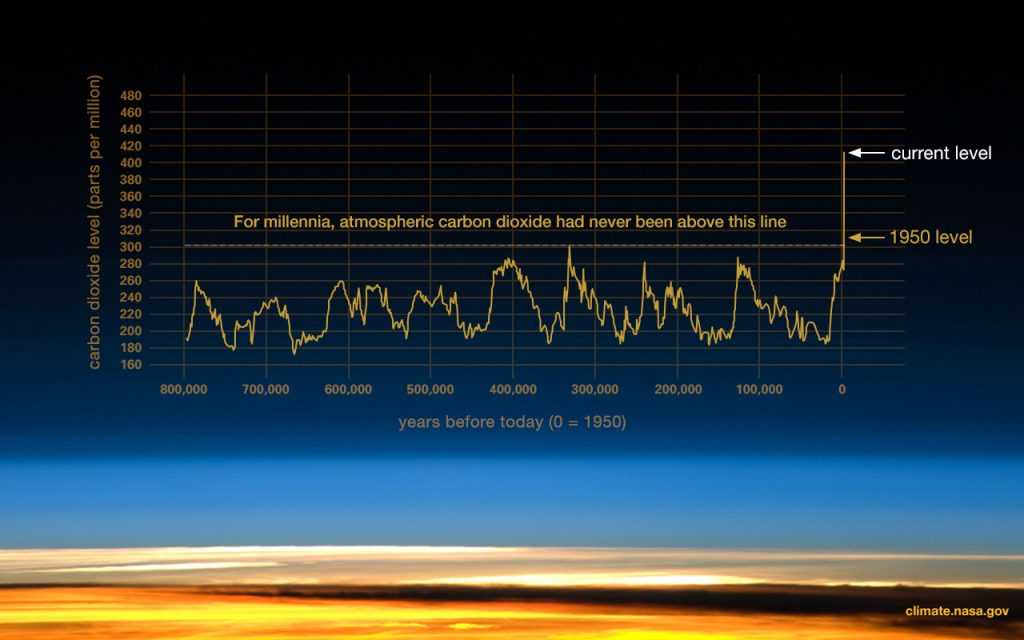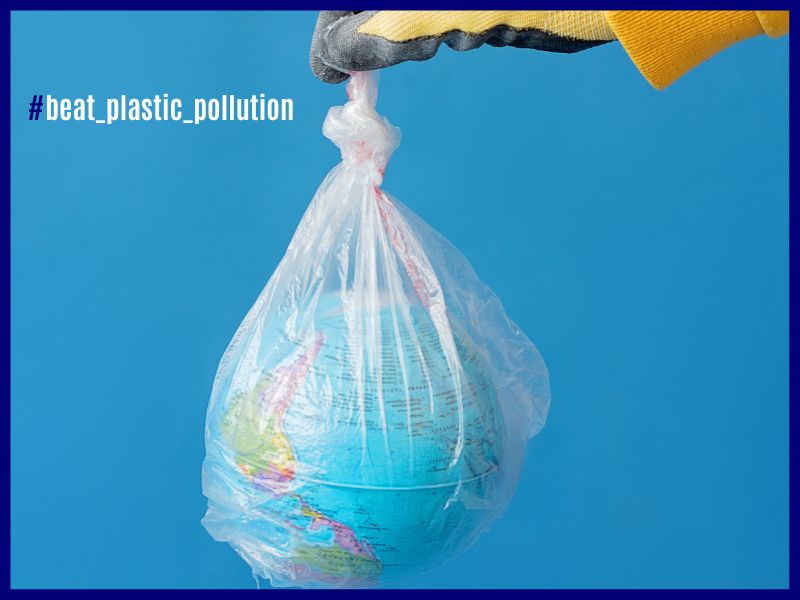WED 2023. World Environment Day is one of the most celebrated days for environmental action. Since 1974, it has been celebrated every year on 5 June.
On this day, governments, businesses, celebrities, and we the citizens of the world shift our focus to put any effort into a pressing environmental issue. We plant trees, most widely and commonly, and after the day, our lives continue as it was.
World Environment Day 2022 was hosted by Sweden. Do you know?
Which country will host Environment Day in 2023?
Ivory Coast (West Africa) will host the World Environment Day 2023. The Netherlands will partner up with Ivory Coast to organize the annual celebration.
Is a day-long WED observance enough?
The recent events suggest NO!
The bushfires in Brazil, the United States, and Australia, the forest fire in Uttarakhand, the locust infestations across East Africa and India, and then, the global pandemic COVID-19.
These events suggest a strong act. It proves the might of Nature. Most importantly, this is an attitude check, if we don’t respect our dependence on Nature, the human race will be the first one to get extinct.
What is the theme of WED 2023?
This World Environment Day 2023, the theme is ‘Beat Plastic Pollution‘ with a focus on “Solutions to Plastic Pollution”.
Fascinatingly, “Beat Plastic Pollution” was the slogan for the year 2018, and as the slogan repeats we got no choice but to accept that the struggle goes on.
“The scourge of plastic pollution is a visible threat that impacts every community around the world. As host of World Environment Day 2023, we welcome all sectors, from governments and businesses to civil society, to come together to find and champion solutions.”
– Jean-Luc Assi, Côte d’Ivoire’s Minister for the Environment and Sustainable Development
This planet is our only home. Will we treat it so, is the ultimate challenge to humanity? It is time to reimagine our relationship with nature and put nature at the heart of our decision-making.
WED 2023 – Beat Plastic Pollution

World Environment Day had different themes each year. Past themes include:
2022- Only One Earth
2021- Ecosystem Restoration
2020- Biodiversity –Time for Nature
2019- Air pollution
2018- Beat Plastic Pollution
2017- Connecting People to Nature
2016- To Prohibit Illegal Trade of Threatened
2015- Seven Billion Dreams: One Planet, Consume with Care
2014- Small Islands and Climate Change
2013- Think. Eat. Save
2012- Does It Include You?
Why World Environment Day?
Nature responds to some of the most pressing challenges faced by humans today. It provides us with oxygen, purifies the water we drink, ensures fertile soil, and produces the variety of foods we require to stay healthy and resist disease. Nature enables medical researchers to understand human physiology and offers substances for developing medicines. It is the foundation of most industries and livelihoods. It even helps mitigate the impact of climate change by storing carbon and regulating local rainfall. Life on earth would not be possible without nature’s services. It is our greatest common good.
The World Environment Day Anthem
The anthem of WED is known as the “Earth Anthem”. It was composed by a poet-diplomat Abbay K, in 2013. Abhay K’s Earth Anthem composed by L. Subramaniam and sung by Kavita Krishnamurthy was released in Brasilia. It is made up of eight different languages that unite communities from different parts of the world. The anthem was launched during an Indian Council of Cultural Relations event which was held in New Delhi, India. It is a strong symbol of the WED.
Nature’s Act: Shocking Facts to Know this WED 2023
According to the World Economic Forum, climate change is seen as the biggest potential threat to the global economy. It adds that climate impacts could push more than 100 million people into poverty by 2030.
Failure of climate change mitigation and adaptation was seen as likely to have a bigger impact than the spread of weapons of mass destruction, water crises, mass involuntary migration, and a severe energy price shock.
Despite the concern, climate change is the third most serious issue facing the world, behind international terrorism and poverty.
Temperature Rise
Surface
The planet’s average surface temperature has risen about 1.62 degrees Fahrenheit (0.9 degrees Celsius) since the late 19th century, a change driven largely by increased carbon dioxide and other human-made emissions into the atmosphere.
Oceans
The oceans have absorbed much of this increased heat, with the top 700 meters (about 2,300 feet) of ocean showing warming of more than 0.4 degrees Fahrenheit since 1969.
Ice cover
Satellite observations reveal that the amount of spring snow cover in the Northern Hemisphere has decreased over the past five decades and that the snow is melting earlier.

According to NASA-
The Earth’s temperature will continue to rise so long as we continue to produce greenhouse gases. Studies predict that temperatures will increase from two degrees Celsius to as much as 6 degrees Celsius by 2100.
2016 was the hottest year on record since 1880 with average temperatures measuring almost a degree (0.99 degrees Celsius) warmer than the mid-20th century’s mean.
Why such a rise?
- Rainforests are cut at a rate of 100 acres per minute.
- 27,000 trees are cut each day so we can have Toilet Paper.
- American companies alone use enough Paper to encircle the Earth 3 times. I alone can’t calculate the data of all the countries’ collective paper use.
- We can save 75,000 trees if we recycled the paper used on the daily run of the New York Times alone.
- An estimated 50,000 species inhabiting our tropical forests become extinct annually. That’s an average of 137 species a day.
The world’s oldest trees are more than 4,600 years old. So why cut them?
Pollution and fossil fuels
Air pollution
Air pollution is the fourth largest risk factor for premature deaths, causing one in ten deaths globally. Premature deaths caused by air pollution are tragic and come at a high price tag of an estimated $225 billion in foregone labor each year.
According to The WMO Greenhouse Gas Bulletin- the globally averaged concentrations of carbon dioxide (CO2) reached 407.8 parts per million in 2018, up from 405.5 parts per million (ppm) in 2017. Global levels of CO2 crossed the symbolic and significant 400 parts per million benchmarks in 2015.
Fuels
G7 nations spend $100 billion a year on fossil fuels. The major industrial democracies which have dominated spend at least $100 billion each year on their oil, gas, and coal consumption. The Group of Seven (G7) – Britain, Canada, France, Germany, Italy, Japan, and the United States – had pledged in 2016 during CoP21 to phase out their support for fossil fuels by 2025. India will meet 50 percent of its energy requirements from renewable energy by 2030. So, by the year 2070, India will achieve the target of Net-Zero.
Is Musk’s Tesla or any other kind of Electric means of vehicular operations of urgent need? Indeed.
Polluted Oceans
Oceans are more acidic due to the continuous draining of wastes in the ocean, the pH of ocean surface water has risen by 26 percent more than at the beginning of the Industrial Revolution. Studies say a healthy ocean can deliver climate benefits through “blue carbon” sinks such as mangroves and other vegetated ocean habitats.
Thanks to the next issue- Plastic.
Plastics
The plastic problem is worse than ever. A Science Magazine report says that 8.3 billion tonnes of virgin plastic have been manufactured so far. Of which, 6.3 billion tonnes of plastic have been discarded as waste, somewhere in the landfills or in the open.
Also, 20,000 plastic bottles are produced every second, or one million every minute. According to estimates, 1.6 million barrels of oil are used to produce plastic water bottles every year.
Did You Know?
- When you throw plastic bags and other plastic materials in the ocean, it kills as many as 1 million sea creatures annually.
- A glass bottle made in our time will take more than 4,000 years to decompose.
Floods situation
Sea levels are rising at their fastest rate. The global sea level rose about 8 inches in the last century. The rate in the last two decades, however, is nearly double that of the last century and is accelerating slightly every year.
Arctic sea ice coverage has shrunk every decade since 1979 by 3.5 to 4.1 percent resulting in rising sea levels. The current rate of change is 3.4mm a year, which is the fastest rate in 2,000 years.
Global flooding could triple by 2030. According to a study from the World Resources Institute, the number of people exposed to flooding each year is at risk of tripling from 21 million to 54 million by 2030. This can lead to increased economic costs from £65 billion to around £340 billion.
Now, the age-old issues which are still looming this WED
Population Explosion
The current world population is 7.8 billion as of June 2022 according to the most recent United Nations estimates elaborated by Worldometer. Our planet gains inhabitants numbering 77 million people a year.
Drinking-Water Crisis
844 million people lack basic drinking water access, more than 1 of every 10 people on the planet. Women and girls spend an estimated 200 million hours hauling water every day.
Did you know?
Only 1% of our planet’s water supply can be used. 97% is ocean water and 2% is frozen solid in the Arctic, for now.
Refugee Crisis

Refugee Crisis the ultimate sign of Climate Change?
The United Nations High Commissioner for Refugees says that an average of 21.5 million people is forcibly displaced since 2008 due to climate change-related weather hazards. Climate change acts as a ‘threat multiplier in areas of ongoing conflict around the world.
But it is still quite arguable if the sole reason is only climate change not political or racial or by self wish or any other similar reasons.
Are all these Climate changes linked to the refugee crisis? What do you think? Let us know, in the com box below.
Easy question! Considering Nature’s act, What are we doing then?
Few Efforts to acknowledge:
Save Soil initiative by ISHA

To demonstrate the support of over 3.5 billion people, Sadhguru, founder of ISHA Foundation, has travelled over 30,000 km across 24 nations on a lone motorcycle. The journey began from London and ended in the Cauvery basin in southern India where the Cauvery Calling project, initiated by Sadhguru, has so far enabled 125,000 farmers to plant 62 million trees to revive soil and help replenish the depleting waters of river Cauvery.
Convention on Biological Biodiversity
At the CONFERENCE OF THE PARTIES TO THE CONVENTION ON BIOLOGICAL DIVERSITY, which was the 14th meeting, held in Egypt, 17-29 November 2018. The following decisions are taken by the UN Member States in the Convention on Biological Biodiversity.
- UNEP and its partners are launching the UN Decade on Ecosystem Restoration (2021–2030), a global initiative to restore the relationship between humans and nature.
- UNEP is also working with world leaders to develop a new and ambitious Post-2020 Global Biodiversity Framework to realize a 2050 Vision of Living in Harmony with Nature.
- Long-term Strategic Directions To The 2050 Vision For Biodiversity. Approaches To Living In Harmony With Nature And Preparation For The Post-2020 Global Biodiversity Framework.
What can we do to heal Nature?
We need to stop using a few things like- plastics and their products and limit the use of paper. We need to adopt new alternatives to fossil fuels, most commonly electricity and batteries. Say no to killing animals. Save wildlife. Stop deforestation. Save trees.
This WED If we pledge to adopt at least these measures, we could heal Mother Nature to some extent. Obviously, the damage that has been done requires a long time to completely heal. But if we adopt suitable measures, we can at least buy some TIME. Which otherwise, we are running out of.
If you are with me so far, I hope you by now know the full scenario. So on this World Environment Day (WED 2022), this 5 June, what efforts are you putting in?
Are you planting enough trees? Can we continue the way we are?
What changes do you think we need to urgently adopt and also adapt to? Use the com box to Let us know.
References-




Thoughtful post. We must act now!